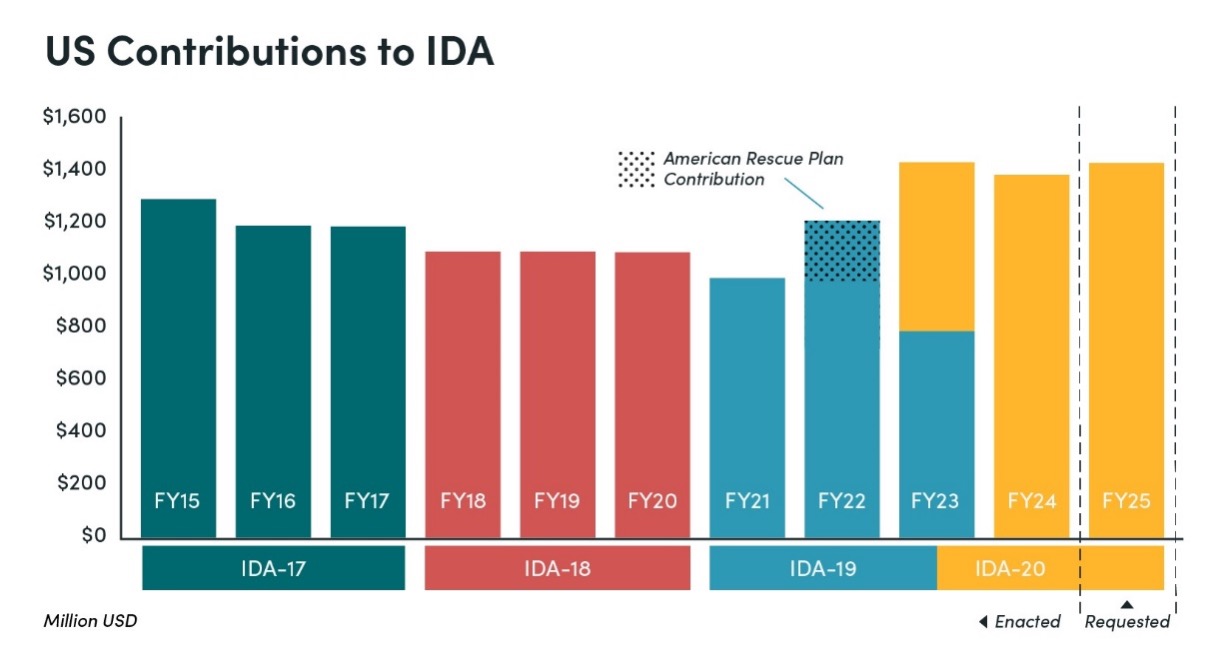This is joint posting with Owen McCarthyAs
word leaks out that the World Bank effectively funded the demolition of homes of the very poor residents of a small village, Jale, in Albania, and then refused to speak about it for more than a year, one can only hope that the Bank will spend as much time thinking through what went wrong as it will doing damage control. The Project Appraisal Document (otherwise known as the PAD) for the Albania Integrated Coastal Zone Management and Clean-Up Project stated that the Albanian government and the Bank had reached an agreement that no demolitions would take place until "procedures and criteria" were in place to assist affected citizens; in fact no such agreement existed. The Bank's Board approved the project.In April 2007, several homes in Jale were destroyed by Albania's "construction police." On February 17, 2009, the Board will
meet again to discuss the
Investigation Panel's report of what went wrong and why it took so long to uncover the truth.This is not the first time the Bank has gotten into trouble over resettlement. In June 2000, an internal inquiry faulted the Bank for violating its own guidelines in a
resettlement project in Tibet.Criticisms in a review of resettlement in connection with a dam project in Indonesia in 1985 indicated
problems there as well.What can the World Bank do to increase accountability?First, the Bank can become a lot more transparent in its activities. By using its own website and other forms of Internet-based technology, the Bank can make the initial project statement -- the Project Concept Note or PCN--available to the public, to invite comments (which could also be posted on a website) prior to finalizing the project design.Second, the Bank must develop a culture of seeking information from the public and responding to it. In the case of Albania, urgent messages from the residents of Jale went unheard for weeks. A Bank team visiting the country two weeks after the demolitions reportedly did not speak to individuals whose homes were destroyed. An Office of Civic Engagement that can use Internet-based methods of communication as well as traditional ones, might be worth thinking about -- not only to talk with NGOs or civic groups, but also to reach out to individuals.Third, the Bank's management (rather than lower-level staff) must be held accountable for its actions. It can easily hide behind the fact that it was the Albanian government that undertook the demolitions; the government in turn is already
blaming the Bank and hinting that it will not compensate the victims.Finally, Mr. Zoellick can take a big step to increase accountability by making public the
results of his new investigation.More broadly, as my colleagues and I have
argued, the World Bank and the International Monetary Fund are in urgent need of major governance reforms themselves. Most likely, these will need to go well beyond what is allowed by their
current charters.
CGD blog posts reflect the views of the authors, drawing on prior research and experience in their areas of expertise.
CGD is a nonpartisan, independent organization and does not take institutional positions.





